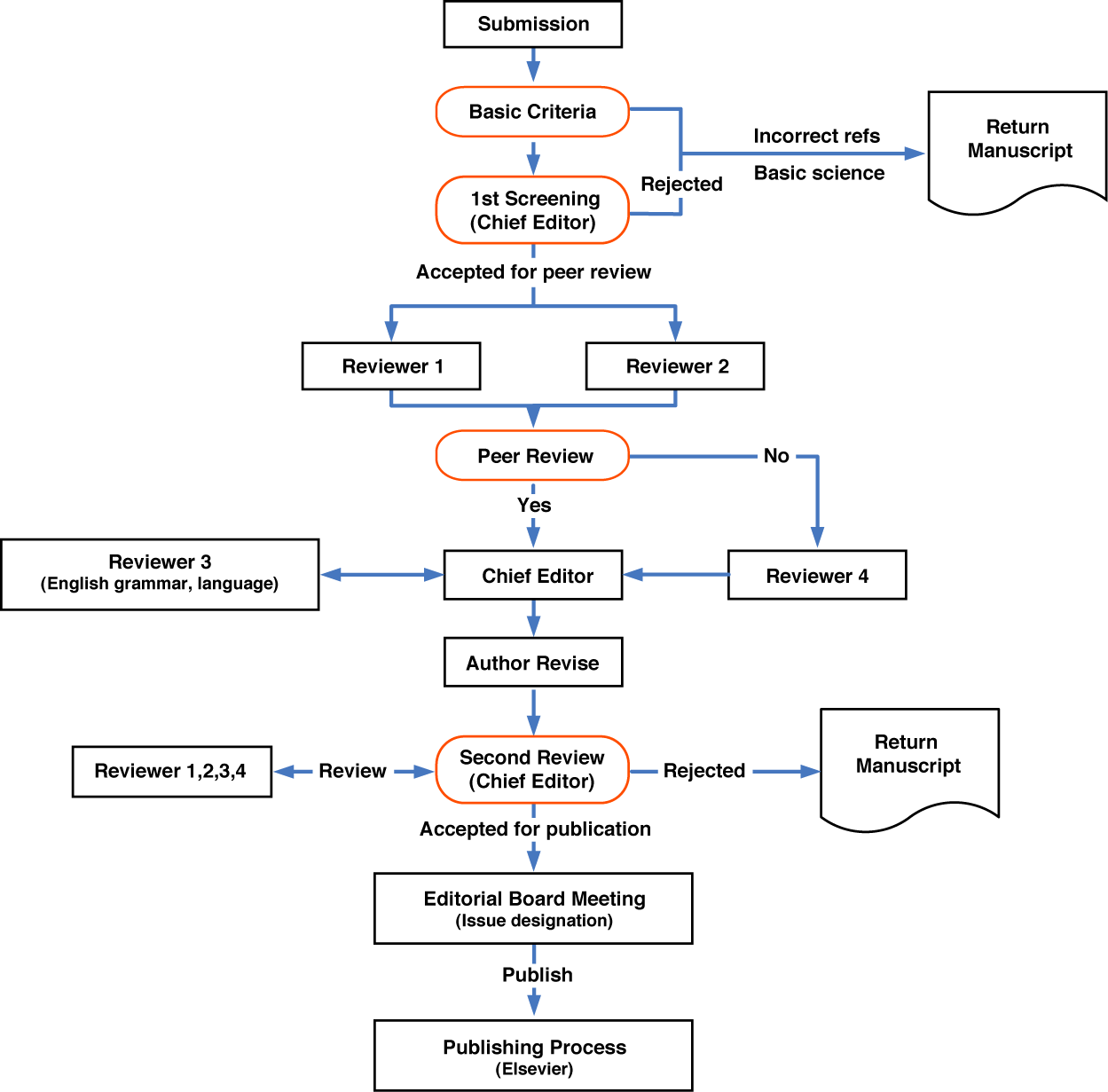Anna University instructs its scholars to get their research publications for PhD in ISI-indexed journals. ISI is a service that offers access to quality controlled Open Access Journals. The aim of ISI is to have a more comprehensive perspective and encompass all the open access scientific and scholarly journals which are using the right kind of quality control mechanism. It does not even limit itself to any specific languages or subject domains. The reason it has been created is to enhance the visibility of good quality scholarly journals, thus increasing their readability and impact factor as well.
As a scholar, you must know that ISI follows a strict referring process and two to four referees should be there for each submitted manuscript. With the stringent acceptance policies, the acceptance rate is mostly less than 50 per cent.
Within the ISI journals, there are subcategories and levels. The highest level of ISI defines the most original and significant contribution in the field. If a scholar gets a publication in an ISI-indexed journal, it is taken to be a remarkable contribution in the field of study.
The review process for the ISI journals is quite stringent, and one needs to follow a process to select the ISI journal that is most appropriate for the researcher. The journal can be selected with this process:
- Choose field of knowledge
- Determine journals’ Impact Factor and Quartiles
- Select the journals within the quartile (Q1, Q2, Q3)
- For all journals selected, visit their website
- Check type of works accepted (Review, Original research article, Letters, etc.)
- Check the turnaround time for articles submitted to the journal
- Check number of publications per year
- Check type of fees associated
- Check whether it has online edition
- Check the length and structure of the manuscript acceptable to the journal
Here is a flow chart of how the Review Process the journals at ISI normally follow:
You must have the following considerations in place before you think your research paper is complete to be sent at ISI:
- First of all give an honest opinion to yourself that your research is worth publishing
- Answer whether my research has substantive contribution to make in the field of study or the literature under study?
- What are the steps needed to be cleared before the submission in the chosen journal?
- How can I increase the citations of my published research by selecting the most appropriate journal?
Other than knowing the guidelines for getting your paper selected for publication in one of these worthy journals, you must also know the reasons because of which your paper may get rejected by the journal for a more thorough preparation. But once you get prepared with your manuscript, your quest for the most suitable ISI journal begins. We can make your this quest easy and can help you figure out that one perfect ISI journal, write to us at help@authenu.com
